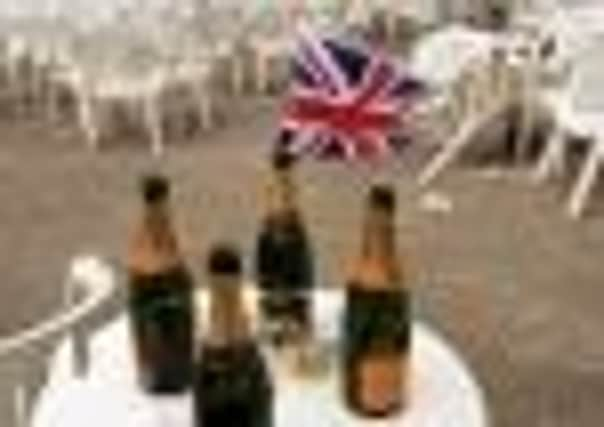Jane Devine: A fine example of our skewed relationship with booze


It is typified by discussions about how to reduce the alcoholic intake of the weekend binge drinkers and the everyday winos. But, it is at the other end of the spectrum, when discussing people who do not drink at all, that the nub of our worrying relationship with booze is most exposed.
There are some, not many, but some people in Scotland who do not drink. Not because they are recovering alcoholics or have health problems, but just because they choose not to and, as a society, we treat them with suspicion.
Advertisement
Hide AdAdvertisement
Hide AdFriends I have who choose not to drink say that having declined an alcoholic drink from someone and saying it is because they don’t drink, they then are asked, without fail: “You don’t mind if I ask do you, but why…?”
In social settings if someone declines an alcoholic drink it is usually followed up with an explanation – an explanation that is expected. “Not for me thanks, I’m driving” or “I’m working early tomorrow”.
Or what about women out for an evening while in the early stages of pregnancy who don’t want to arouse suspicion of their condition? How many of them have relied on a handy plant pot to dispose of a decoy drink, or on the inebriation of others not to notice that they never need a top-up?
Why do we feel the need to explain ourselves or have others explain themselves to us? Are we scared that people will think we are a (shock) teetotaller and that we are therefore a bit straitlaced or no fun? Or, are we uncomfortable with someone being “better” than us by showing they don’t “need” alcohol in their lives?
I think it might be a bit of both those things, but I also think that it is something much more serious. I think, the truth is, it just isn’t normal in Scotland not to drink.
Look no further than our public health campaigns. We don’t encourage people to have “sensible” amounts of heroin or cannabis and we don’t set guideline daily amounts for tobacco. We do for alcohol, which is hugely damaging, destructive and expensive to deal with. It is interesting that when it comes to alcohol, no-one is talking about abstinence.
Maybe that is a bridge too far and calling for abstinence would not have the impact that asking people to cut down would. Alcohol is part of our culture: it’s how we socialise, unwind, celebrate and commiserate.
We have a long history with alcohol and will most likely continue have a future with it, but until we can accept that alcohol is something we do, not something we need or rely on, and until we can understand that some people would just rather not, we still have a very long way to go before we have a healthy relationship with the demon drink.